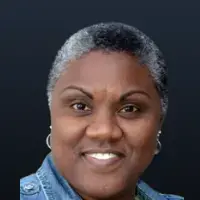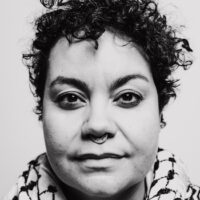Council for Racial and Social Justice
The Council for Racial & Social Justice promotes and supports anti-racism & social justice in the CSU and CFA. To this end:
The Council is committed to dismantling oppression based on Age, Ancestry, Caste, Color, Disability, Ethnicity, Gender, Gender Expression, Gender Identity, Genetic Information, Marital Status, Medical Condition, Military Status, Nationality, Race, Religion, Religious Creed, Sex, Sexual Orientation, Sex Stereotype, and Veteran Status. (Consistent with Article 16.1 of the Collective Bargaining Agreement). The Council’s responsibilities include being vigilant, assuming leadership, organizing, and taking action to ensure CFA’s goals toward the promotion of racially and socially just practices.
The Council cultivates the ARSJ lens throughout our CFA work. The lens helps direct the creation of new initiatives within the organization. The Council also works diligently to promote Anti-Racism and Social Justice throughout the CSU.
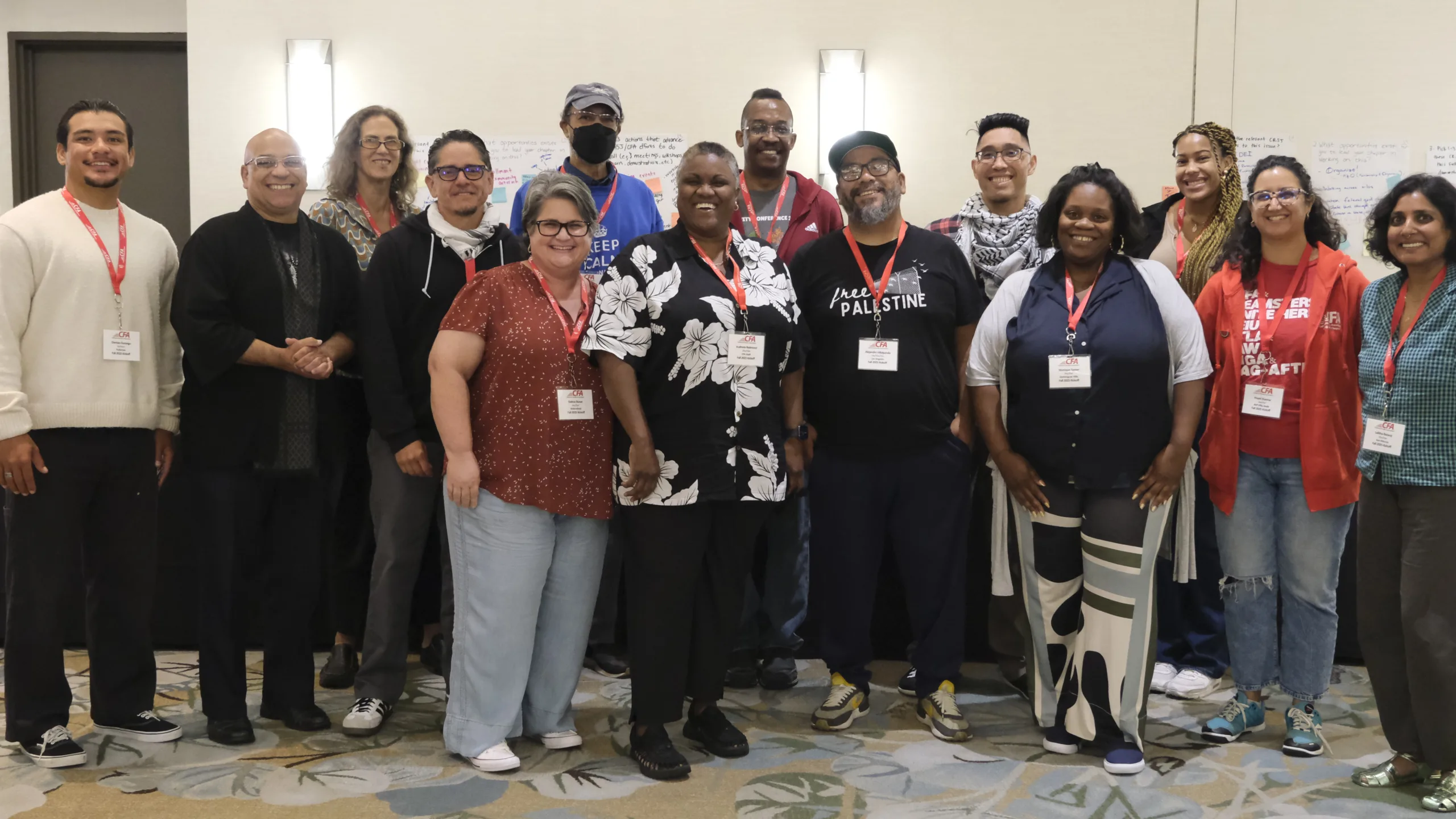
Join Our Work!
Looking for more ways to get involved? Start here!
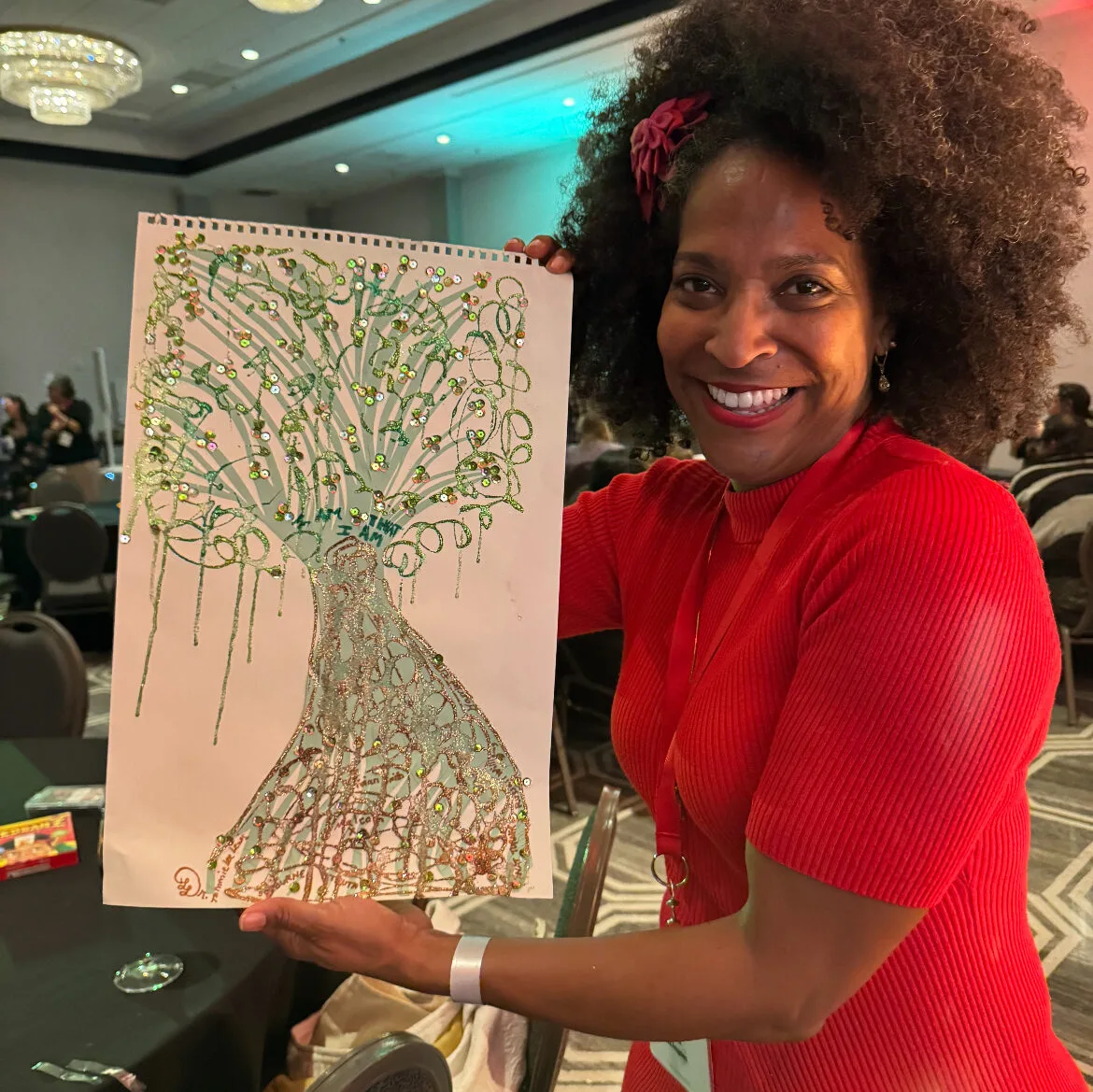
Equity Conference
The Equity Conference connects CFA members for co-liberation. The now-annual event reflects the concerted efforts undertaken over the last several years to center Anti-Racism & Social Justice in all things CFA, beginning with the recognition that racism and white supremacy are institutionalized in our organization and a commitment to what we call our Anti-Racism & Social Justice Transformation. Equity Conference Album (Facebook)
Meet the Team
“Nothing about us without us is for us.”
South African Slogan
Host a workshop
The CFA workshops are designed to explore the complexities of white supremacy, racism, and privilege in the California State University workplace and to understand the theories that inform these complex topics. The workshops are an opportunity to build awareness by strengthening individual and institutional anti-racism practices, improving the university environment.
Visit Council Caucus Pages
Learn more about CFA caucuses.
Adrienne Maree Brown
“Every society needs educated people, but the primary responsibility of educated people is to bring wisdom back into the community and make it available to others so that the lives they are leading make sense.”
Vine Deloria Jr.
Useful Resources
Social Justice Study Hall
CFA is committed to our Anti-Racism and Social Justice Transformation work. In recognition of our continued growth and learning, we have compiled a range of resources, including thoughtful articles, academic discourse, podcasts, and videos.
These resources will be updated, with the newest content at the top. Please check back occasionally to see what’s new in our Social Justice Study Hall.
Have a link to share? Email us!
Featured News
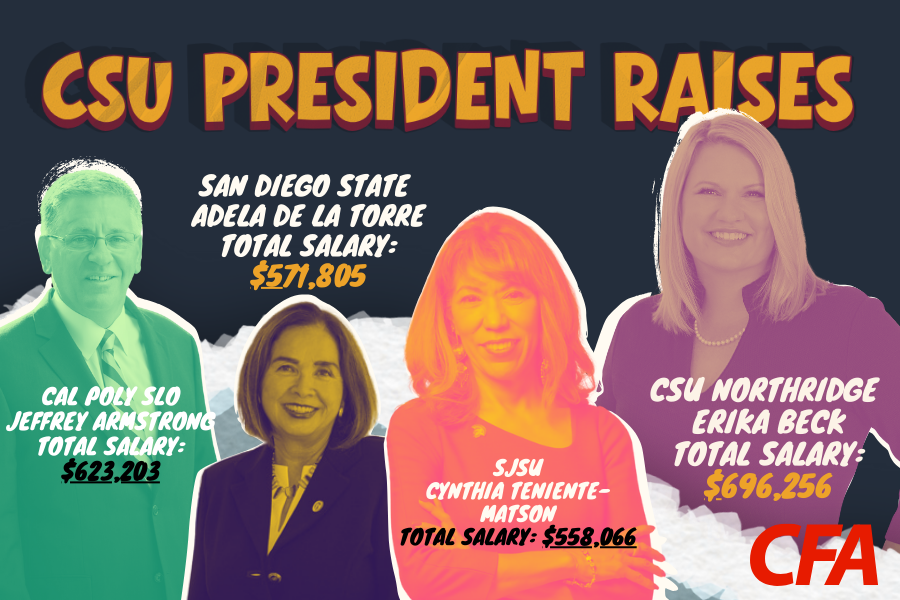
How CSU Trustees Got Duped Into Approving Huge Base Salary Increases for Presidents (Using CSU Operating Funds)
Anti-Racism & Social Justice

A Look Back at 2025: Our Solidarity Is Everything! Eight Ways We Are Meeting the Moment
Anti-Racism & Social Justice
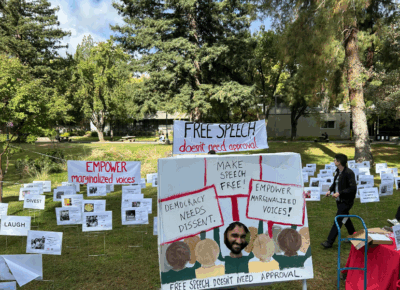
Why Academic Freedom Matters to All of Us
Anti-Racism & Social Justice
Join California Faculty Association
Join thousands of instructional faculty, librarians, counselors, and coaches to protect academic freedom, faculty rights, safe workplaces, higher education, student learning, and fight for racial and social justice.


